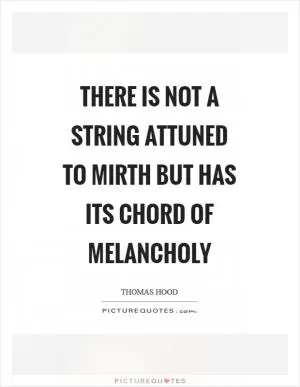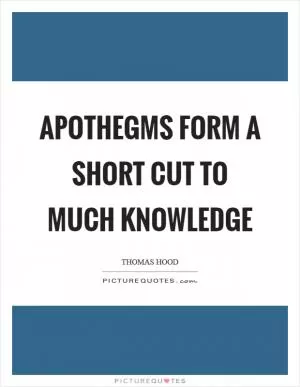My tears must stop, for every drop Hinders needle and thread

My tears must stop, for every drop Hinders needle and thread
Thomas Hood was a renowned English poet and humorist known for his witty and satirical works. One of his most famous poems, "The Song of the Shirt," sheds light on the harsh realities of the working class in the 19th century. In this context, the line "My tears must stop, for every drop Hinders needle and thread" takes on a deeper meaning.The phrase "My tears must stop" suggests a sense of resignation and determination to overcome adversity. The speaker acknowledges the futility of crying and realizes that tears will not solve their problems. Instead, they must find the strength to persevere and continue working despite their hardships.
The second part of the line, "for every drop Hinders needle and thread," highlights the practical implications of crying. In a literal sense, tears can blur one's vision and make it difficult to focus on the task at hand. In the context of the poem, which describes the grueling work of a seamstress in a sweatshop, any distraction can have serious consequences. Every stitch must be precise and every moment of concentration is crucial to earning a meager wage.
The speaker's resolve to stop crying and focus on their work reflects the resilience and determination of the working class in the face of adversity. Despite the harsh conditions and exploitation they face, they continue to toil away, knowing that their labor is essential for their survival.
Overall, the line "My tears must stop, for every drop Hinders needle and thread" encapsulates the themes of perseverance, resilience, and the struggle for survival that are prevalent in Thomas Hood's works. It serves as a poignant reminder of the hardships faced by the working class and the importance of staying strong in the face of adversity.












 Friendship Quotes
Friendship Quotes Love Quotes
Love Quotes Life Quotes
Life Quotes Funny Quotes
Funny Quotes Motivational Quotes
Motivational Quotes Inspirational Quotes
Inspirational Quotes